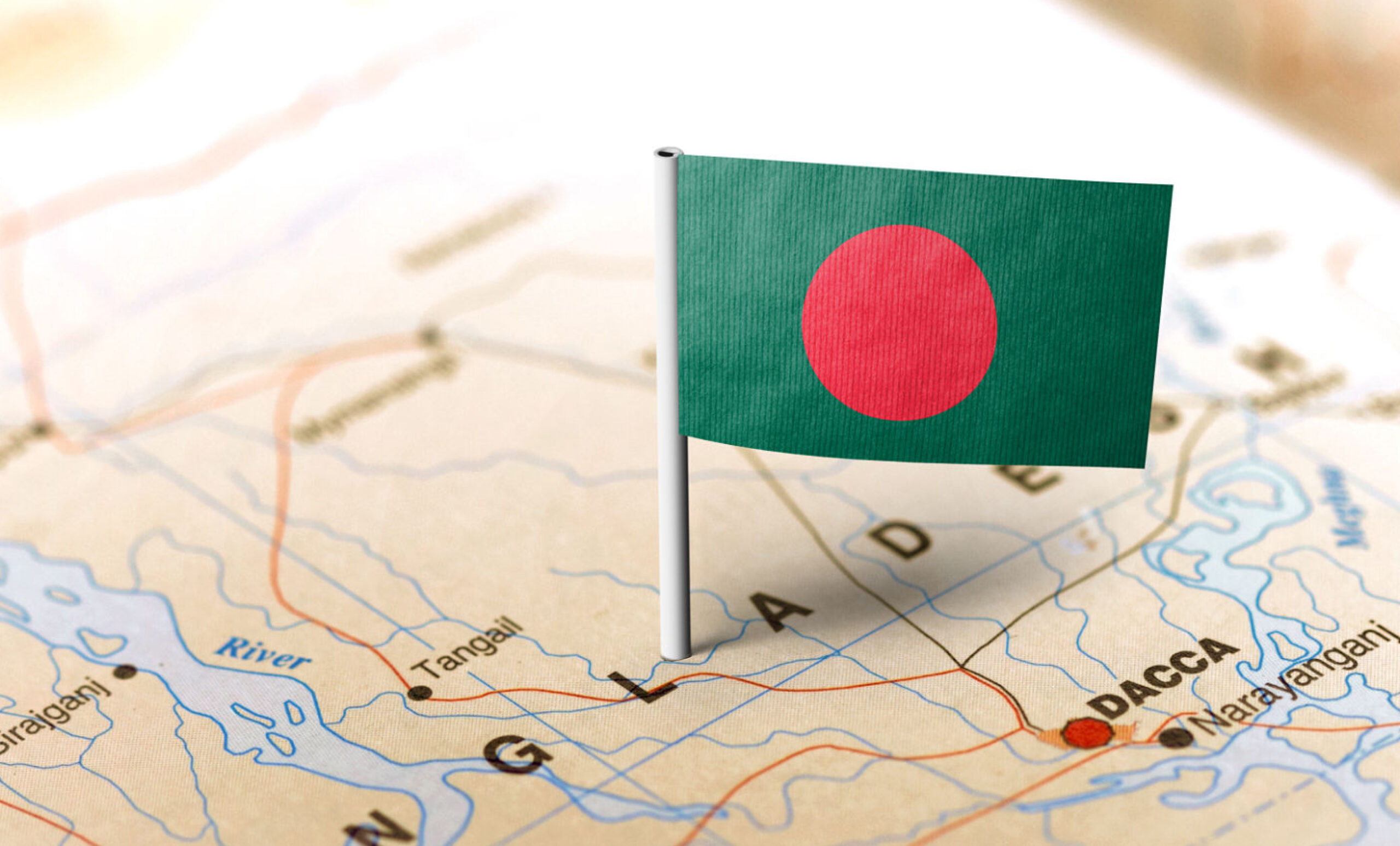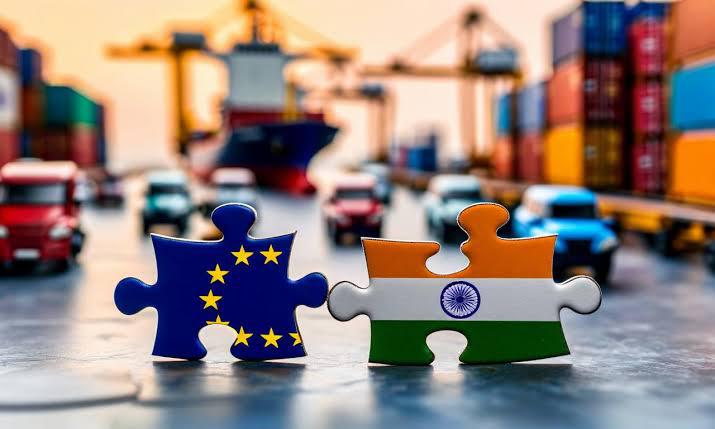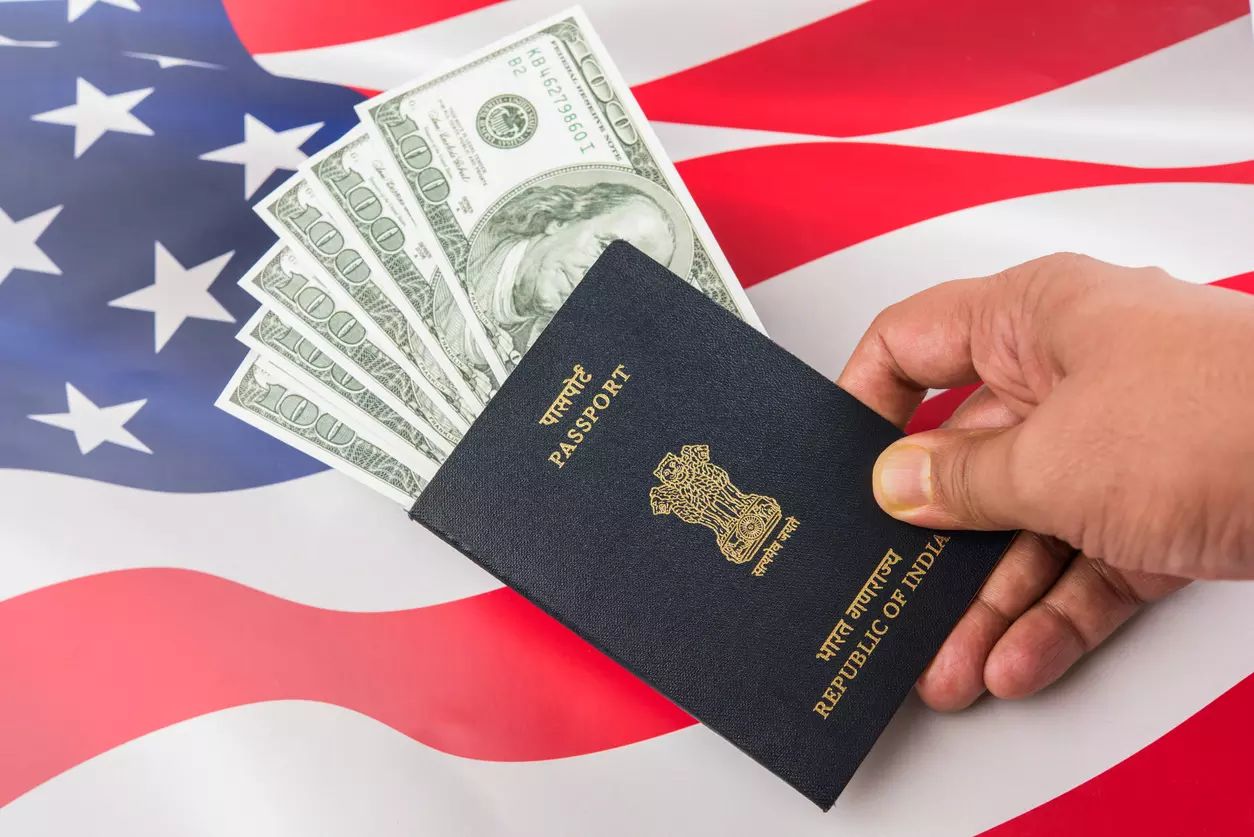In all probability, if the groups behind the fall of Sheikh Hasina’s government in Bangladesh occupy power in the country, the relationship between New Delhi and Dhaka could be marred, adding another hostile neighbour to India in an already disturbed South Asia.

As the dramatic events in Bangladesh concluded with Prime Minister Sheikh Hasina fleeing the country, an inevitable realisation descended on Indian minds that we now possibly have a hostile eastern border. India is already in an antagonistic situation with Pakistan in the west and China in the north, but now, with the fall of Sheikh Hasina’s regime in Bangladesh, we face the eventuality of being surrounded on all sides by unfriendly neighbours.
While India’s bilateral relationship with China is on the edge, with India having to aggressively counter aggression on the borders, the relationship with Pakistan is bitter. In all probability, if the groups behind the fall of Sheikh Hasina’s regime in Bangladesh occupy power in the country, the relationship between New Delhi and Dhaka could be marred.
Muslim Identity and Deep State
The two groups, which are also the main political opposition to Sheikh Hasina’s regime in Bangladesh and the power behind the mass protests that brought down the Hasina government, Jamaat-e-Islami and Bangladesh National Party (BNP), are both anti-secular. They both operate on the belief that Bangladesh, which was founded on secular principles, must maintain an Islamic identity as its former avatar of East Pakistan.
In fact, it was Ziaur Rehman, BNP founder, who removed the word ‘secular’ from Bangladesh’s constitution. The Jamaat even opposed the creation of Bangladesh and opposed the idea of independence from Pakistan in order to retain Muslim unity.
While both of these groups were kept in control by Hasina’s party and were jailed for war crimes, they eventually mobilised people in the country, radicalising them and being adequately funded by Pakistan’s ISI. The involvement of Pakistan is albeit natural, as it may seek to establish control over its amputated limb. However, a curious case emerges here with the probable involvement of the US Deep State.
The US factor
While reports exist of links between the Jamaat, BNP, and Pakistan’s ISI, the natural question that arises is: for an already bankrupt state like Pakistan, which is barely able to put food on the tables of its own people, how is it able to mobilise big money required to carry out a regime change in Bangladesh? And herein, the answer lies in the details.
Sheikh Hasina has accused the US of meddling in the internal affairs of Bangladesh and plotting to topple her government. The Biden-led US has on several occasions explicitly indicated that it will not tolerate subversion of principles that it considers democratic in Bangladesh and shall act against any forces looking to hold on to power against the will of the people, i.e., the Hasina government.
The United States has a long history of effecting regime change by funding opposition camps, anarchy against the elected regime that does not support US interests, and even bringing countries on the brink of economic collapse or war—all under the garb of upholding ‘democracy’. More often than not, these interests are more self-serving than idealistic; in Bangladesh’s case, the US seeks to establish and hold control at such a strategic location so as to check China in the Indo-Pacific as well as retain pressure on India to deter its fast-paced growth. The excuse of democracy does not seem to apply to countries like Pakistan and Ukraine, which the US continues to support and fund, bailing them out of bankruptcy over and over.
Opening the seas could tilt the power in India’s favour.
Historically, India was a strong economic and cultural capital; its geographical location and extensive trade by sea with nations near and far are what enabled its position of power.
With hostile neighbours on all three sides, India must explore ways to strengthen strong comprehensive strategic partnerships and intensify trade with its extended neighbourhood—the Southeast Asian nations, Indo-Pacific powers, and the Middle East.
Roughly before the 18th century, not only was India the net provider of knowledge and security by exporting its military power as well as its ideology of Hinduism and Buddhism in the Indian Ocean, but it also used these bilateral relationships to secure its own prosperity through intensive and advanced trade. It has, for a large part of history, been the largest military manpower market and a significant source of advanced weapons. In combination with the fertile agricultural land it used to produce and export food to the world, India has been a force to be reckoned with.
While invasions, colonisation, and misrule have plagued India for a couple of centuries, we are well on our path to modernise the aforementioned sectors, in addition to the new technological advancements, and grow them on a scale adequate to meet global demands.
With a non-expansionist identity and idealistic integrity, India is looked at as a friend to most of the world, in particular the Global South. Opening up trading channels through our seas, deepening relationships with partner countries, exporting military strength to counter expansionist forces, and disseminating ideological, ancient knowledge to a world looking for answers—the Indian peninsula could just be the counter to the hostility that India faces from its neighbours.





